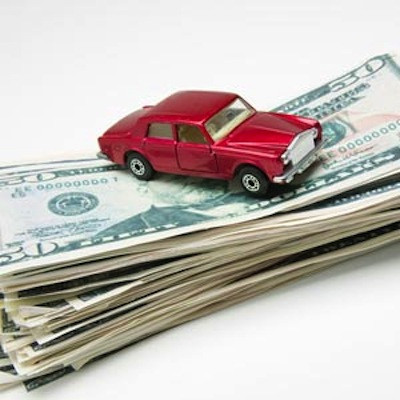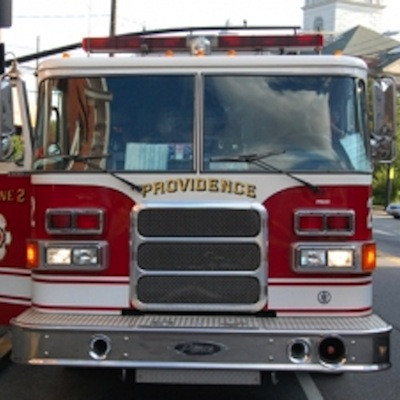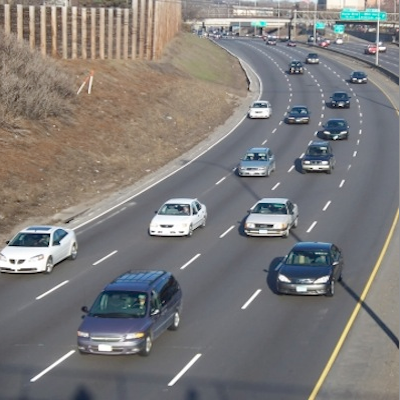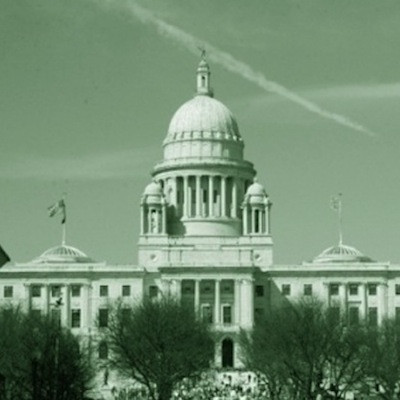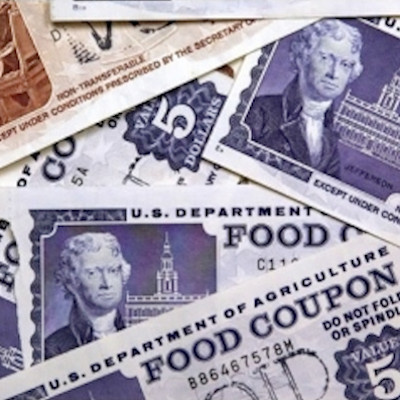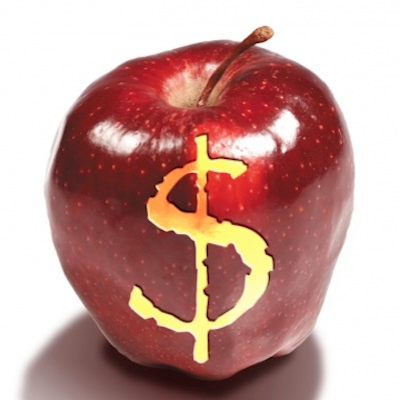Moore: National Grid Rate Hike Results From Bad Policy
Monday, August 07, 2017
Rhode Islanders experienced some serious sticker-shock when they heard the news that National Grid, the state’s dominant electricity provider, was seeking a 53-percent rate hike.
The company is seeking to raise cost of a kilowatt hour from from 6.3 cents to 9.5 cents. The average rate payer will be looking at an roughly 15 bucks per month more in costs.
There are two components to National Grid’s billing mechanism. The first is the cost of the power, which the company is seeking the Public Utility Commission’s approval to hike. National Grid does not profit from the cost of the power.
GET THE LATEST BREAKING NEWS HERE -- SIGN UP FOR GOLOCAL FREE DAILY EBLASTThe other aspect to the bill is the bill is the delivery charge. The company isn’t seeking an increase in the delivery aspect of the bill. That portion of the bill is where the company makes it profits.
Rhode Islanders are, rightfully, encouraged to do all they can to conserve energy. We are told to turn off appliances we are not using, when possible. We use energy efficient light bulbs.
Yet here’s what’s ironic and counterintuitive about the state’s energy policies, particularly when it pertains to National Grid. When a customer does the right thing and adopts a green, energy efficient lifestyle, he or she will be using less power, therefore helping the environment. You would think that we would be rewarded when we collectively take those types of actions.
WRONG!
Instead, we’re penalized. When the company is delivering less energy, it is making less money. That’s a factor of why costs increase. To make up for the loss of revenue, the company is then forced to raise prices.
Customers, at least financially, are disincentivized from conserving electricity. Instead of crafting policies that incentivize conservation, we, I assume inadvertently, have policies that penalize us for doing the right thing.
It’s not much different than our mechanism to fund RIPTA. The state uses the gas tax to fund RIPTA. When more folks opt to take a RIPTA bus instead of driving, the state garners less revenue to fund RIPTA. That leads to more tax hikes.
It’s a broken system that will take big ideas and a move away from our constant state of myopia to reform.
Perverse Invetives
Let’s give some credit to Lieutenant Governor Daniel McKee for taking the lead on fighting the latest National Grid rate hike.
“The rate increase, that’s being proposed, is not going to impact all of the small businesses in out there in our 39 communities but also all of our residents,” McKee told GoLocal Live this week.
McKee deserves credit for helping lead the fight to do away with so-called billing adjustments, which penalized folks who switched energy providers, leaving National Grid for a competitor. He is also encouraging ratepayers to shop around for a better deal on their electricity rates.
Hopefully the state regulators will find a way to scale back this monstrous rate hike. That would provide us with some short term relief. But what we really need is some drastic reforms that incentivize us to reduce our energy consumption, not penalize us.
Russell J. Moore has worked on both sides of the desk in Rhode Island media, both for newspapers and on political campaigns. Send him email at [email protected]. Follow him on twitter @russmoore713.
Related Slideshow: The 15 Costliest Government Programs in RI
Related Articles
- Moore: Muksian’s Outrageous Severance Package
- Moore: Magaziner Must Embrace Filippi’s Pension Proposal
- Moore: Time to Enact Paid Sick Leave
- Moore: Assange Prosecution Would Eradicate Press Freedom
- Moore: Community Safety Act is a Solution In Search of a Problem
- Moore: Ruggerio’s Opportunity to Foster Compromise
- Moore: Politifact’s Media Narrative Towards Russia Showed Bias
- Moore: Raimondo Badmouths Deloitte, Then Breaks Bread With Them
- Moore: Raimondo, Mattiello Squabble Over Budget Giveaways
- Moore: 38 Studios Investigation Shows Legislators Lack Courage
- Moore: Hotel Tax Hike is a Bandaid on a Gunshot Wound
- Moore: 2018 Race for Governor Heating Up Early
- Moore: Revenue Shortfall Benefits Speaker Mattiello
- Moore: Rhode Islanders Yawn Over Legislative Summer Stalemate
- Moore: After Providence Scandal, Muksian Returns to Cranston
- Moore: What Happened to American Exceptionalism?
- Moore: Siedle Award Underscores His Credibility
- Moore: Democrats “Better Deal” Rings Hollow
- Moore: Magaziner’s Back to Basics Strategy Paying Dividends
- Moore: Rhode Island’s Budget is Bloated
- Moore: RI Should Transfer the Lottery to the Pension Fund
- Moore: The Pawsox Battle Rages On
- Moore: Time for a 38 Studios Special Counsel
- Moore: Twin River’s Labor Strife Highlights Obamacare’s Weakness




